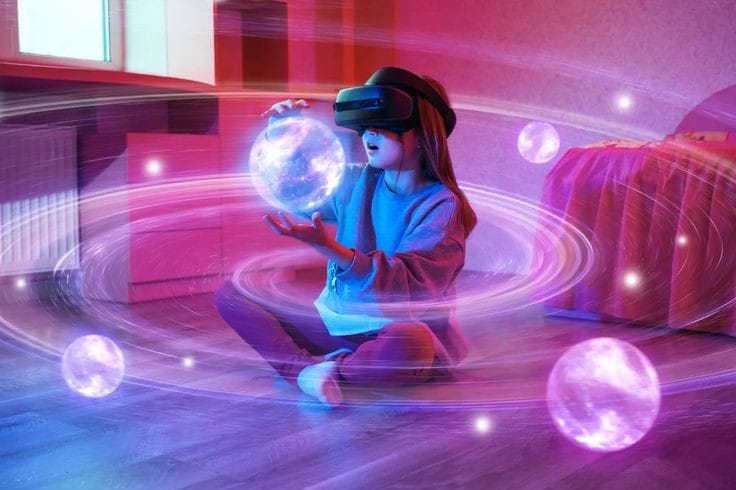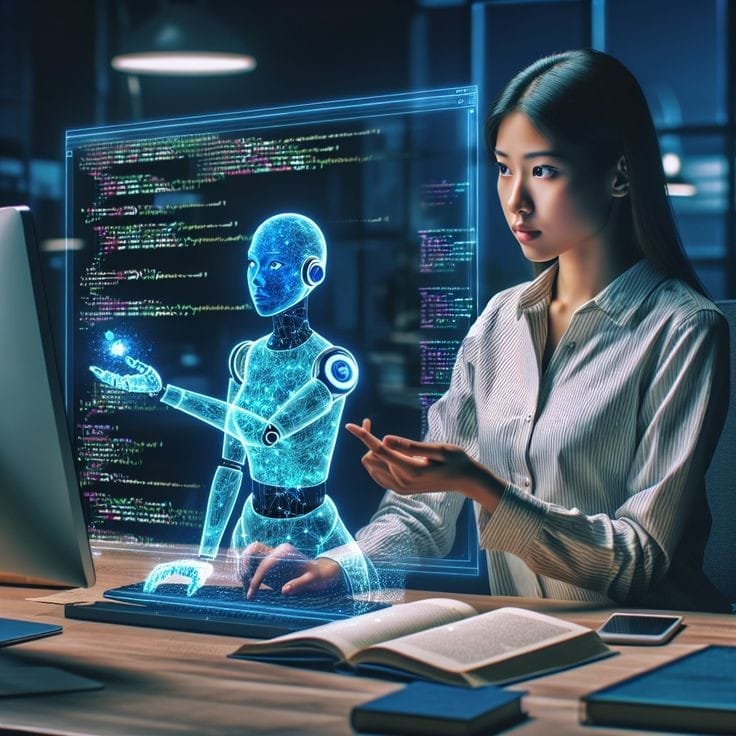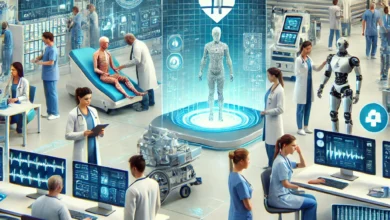The Role of Artificial Intelligence in Transforming the Learning Experience

Artificial intelligence has become an integral part of our daily lives, and now it is making its way into education. With its capabilities in data analysis, personalized learning experiences, and automating routine tasks, AI is playing a major role in enhancing the educational process. In this article, we explore how AI contributes to improving the learning experience for students around the world.
Personalized Learning: Catering to Each Student’s Needs
One of the primary applications of AI in education is enabling personalized learning. By analyzing each student’s performance, intelligent systems can identify strengths and weaknesses, allowing teachers to provide educational materials tailored to the needs of each student. This not only makes the learning process more interactive but also helps students better understand challenging concepts.

Smart Teaching Systems: The Teacher That Never Tires
AI-powered teaching systems offer students the opportunity to receive instant support and personalized guidance outside the traditional classroom setting. These systems provide real-time feedback, allowing students to learn at their own pace. With this personalized support, students can overcome educational challenges more effectively.
Automating Administrative Tasks: Saving Time for Teachers
AI doesn’t only assist in learning, but it also helps lighten the load on teachers by automating tedious administrative tasks such as grading exams, recording attendance, and scheduling classes. This gives teachers more time to focus on students and improve the quality of education.
Data Analysis to Improve Educational Performance
The ability of AI to quickly and accurately analyze data is a major advantage for educational institutions. By studying student performance and detecting recurring patterns, teachers can adjust their teaching strategies to address the challenges students face. This data-driven decision-making helps achieve better educational outcomes.
Making Education More Inclusive
AI also contributes to increasing access to education for a wider range of students, especially those facing special challenges. Text-to-speech programs and voice recognition tools help students with visual or hearing impairments interact with educational materials more effectively, creating an inclusive educational environment that supports everyone’s success.
Interaction Through AI-Powered Educational Tools
Using interactive tools like educational robots and virtual support enhances the interaction between students and educational content. These tools offer a unique learning experience by posing instant questions and giving students the opportunity to explore concepts more deeply, making the learning process more engaging and effective.

Revolutionizing Language Learning
AI’s role isn’t limited to traditional academic subjects, as it also facilitates language learning. By providing exercises tailored to each learner, along with instant feedback, students can quickly and efficiently improve their language skills.
Early Intervention Through Predictive Analytics
One of AI’s most important features is its ability to predict student performance, allowing teachers to intervene at the right time if a student is struggling to keep up with the curriculum. These analytics help prevent students from falling behind and ensure they receive the necessary support in a timely manner.
Remote Learning and Virtual Classrooms
As online education continues to grow, AI has become essential in enhancing the learning experience. From managing discussions to providing educational resources and organizing group work, AI makes online learning smoother and more efficient.

Gamification in Learning
Integrating educational games into the learning process has become more common thanks to AI. Students can earn rewards and progress as they complete educational tasks, increasing their motivation to learn and making the experience more enjoyable.
Conclusion
By integrating AI into education, we can revolutionize the way we learn and interact with educational content. From personalized learning experiences to automating tasks, AI is making a significant impact in improving learning outcomes and fostering an inclusive educational environment.





